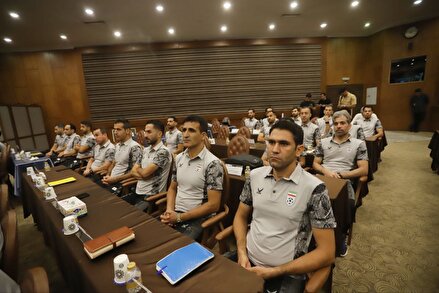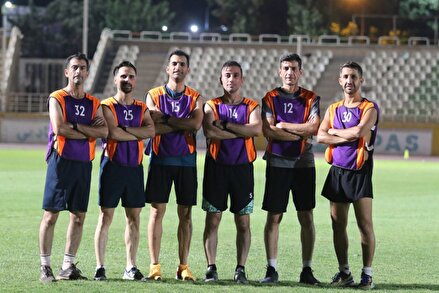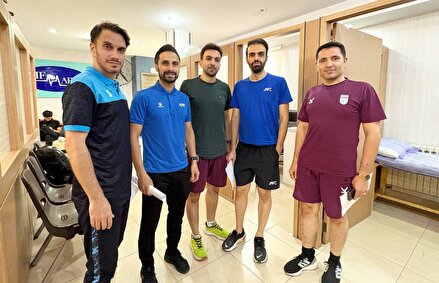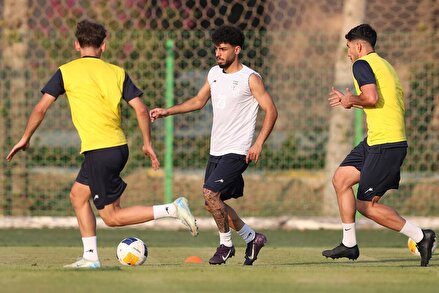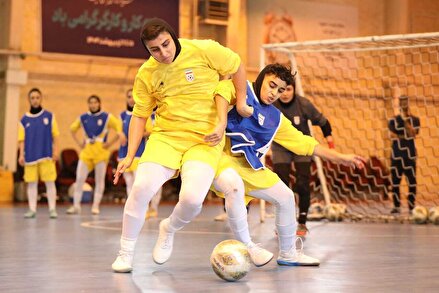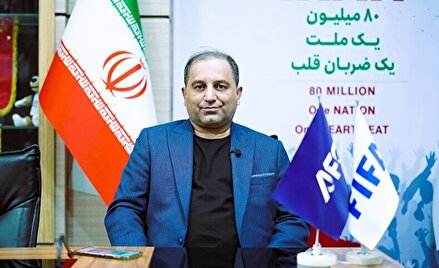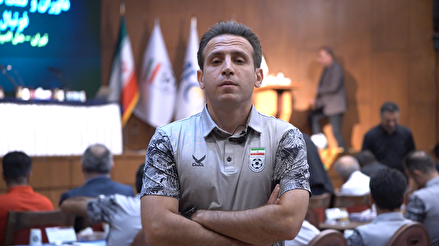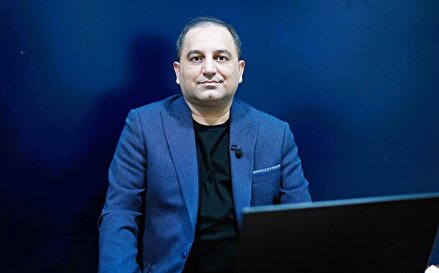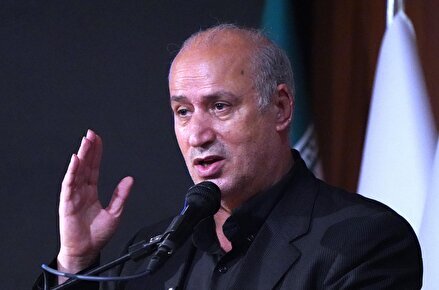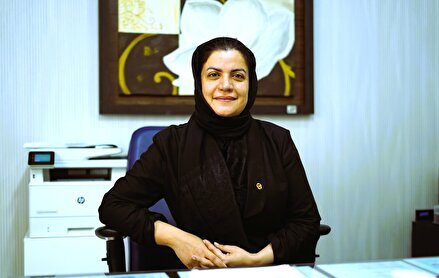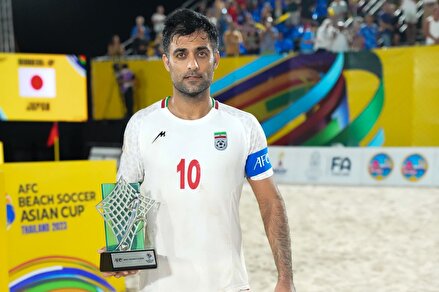
Ehsan Mohammadi In Child Safeguarding in Seminar
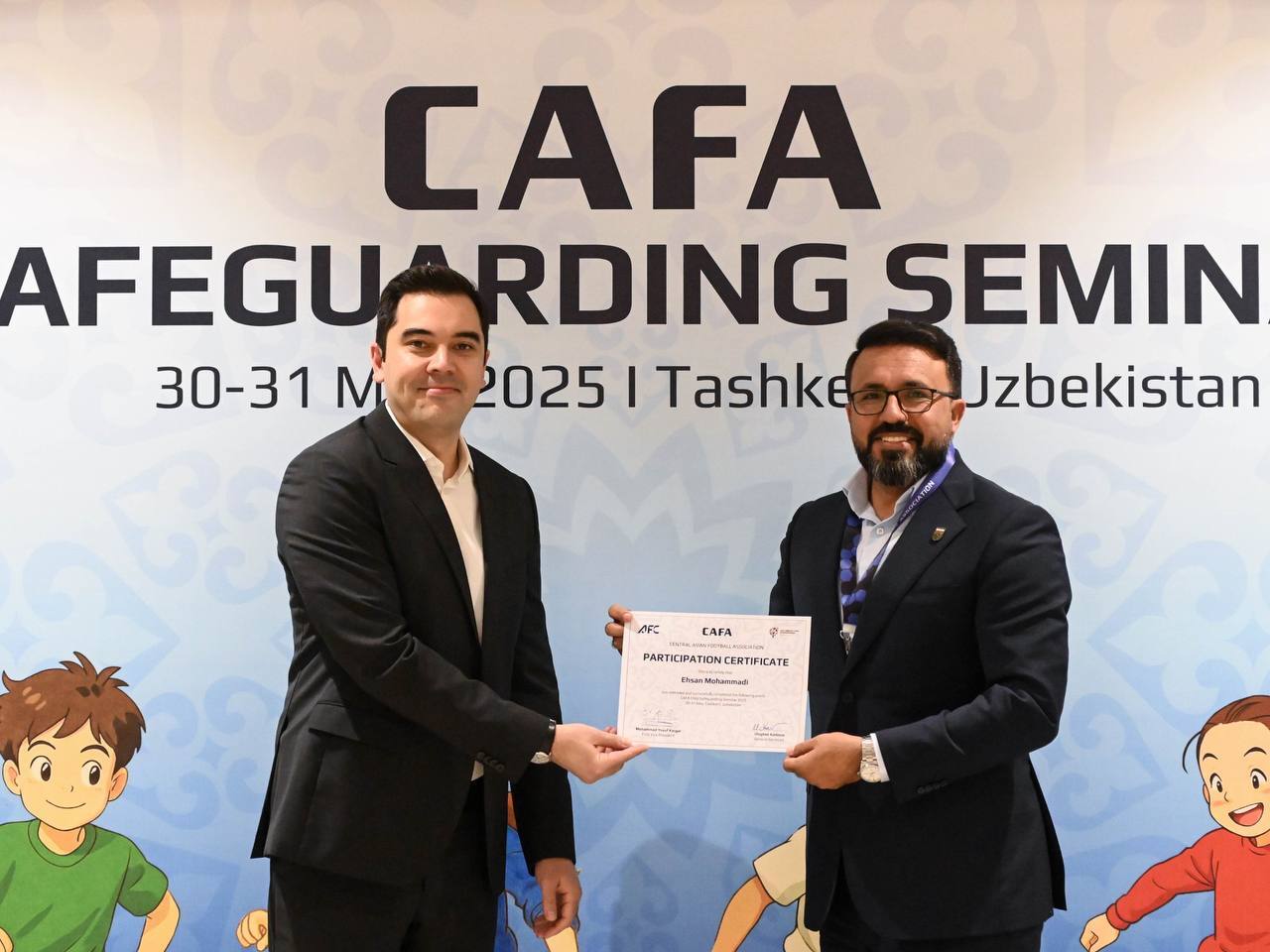
Q: What were the core themes discussed during the seminar?
Mohammadi:
The seminar covered a wide range of essential topics, including the fundamentals of child safeguarding, how to recognize signs of abuse, strategies for creating safe spaces in football, ethical and legal considerations, and the development of clear reporting procedures.
What stood out was the depth and practicality of the content—it was current, highly relevant, and designed for real-world application. The active participation of all delegates made the environment dynamic and incredibly engaging.
Q: Was there an opportunity for cross-country dialogue and sharing of experiences?
Mohammadi:
Yes, absolutely. Representatives from each country shared updates on their local safeguarding practices. I also had the opportunity to present Iran’s national safeguarding program, which was well received.
One particular highlight was our report on having trained over 6,000 individuals—including families, players, and coaches—in various cities across Iran. This drew praise from the AFC’s Head of Social Responsibility, who described our efforts as forward-thinking and exemplary.
Q: Can you tell us about the practical exercises held at the stadium?
Mohammadi:
The practical sessions took place at Dustlik Stadium, which was also hosting the CAFA U17 Championship. Using real-life scenarios, we simulated safeguarding cases in a football environment.
This hands-on approach was incredibly effective in bridging theory and practice, and it helped reinforce key safeguarding principles in a tangible, memorable way.
Q: How would you assess the overall hosting of the seminar?
Mohammadi:
The Uzbekistan Football Federation did a remarkable job. Their hospitality was not only warm and welcoming but also highly professional and well-organized.
We formally thanked CAFA on behalf of the FFIRI for coordinating such an impactful event. The entire experience could serve as a blueprint for future regional seminars within the AFC framework.
Q: Finally, what role do you see the FFIRI playing in advancing safeguarding in football?
Mohammadi:
I’d like to express my gratitude to the FFIRI President and General Secretary for their strong support and serious approach to safeguarding. Their leadership has enabled us to participate meaningfully at the regional level.
One of the seminar’s key takeaways was the critical need for all AFC Member Associations to implement structured, consistent safeguarding policies.
Moving forward, I believe it's our collective responsibility to treat this as not only a professional mandate, but a moral commitment—to ensure that every child in football is safe, respected, and given the opportunity to thrive.
